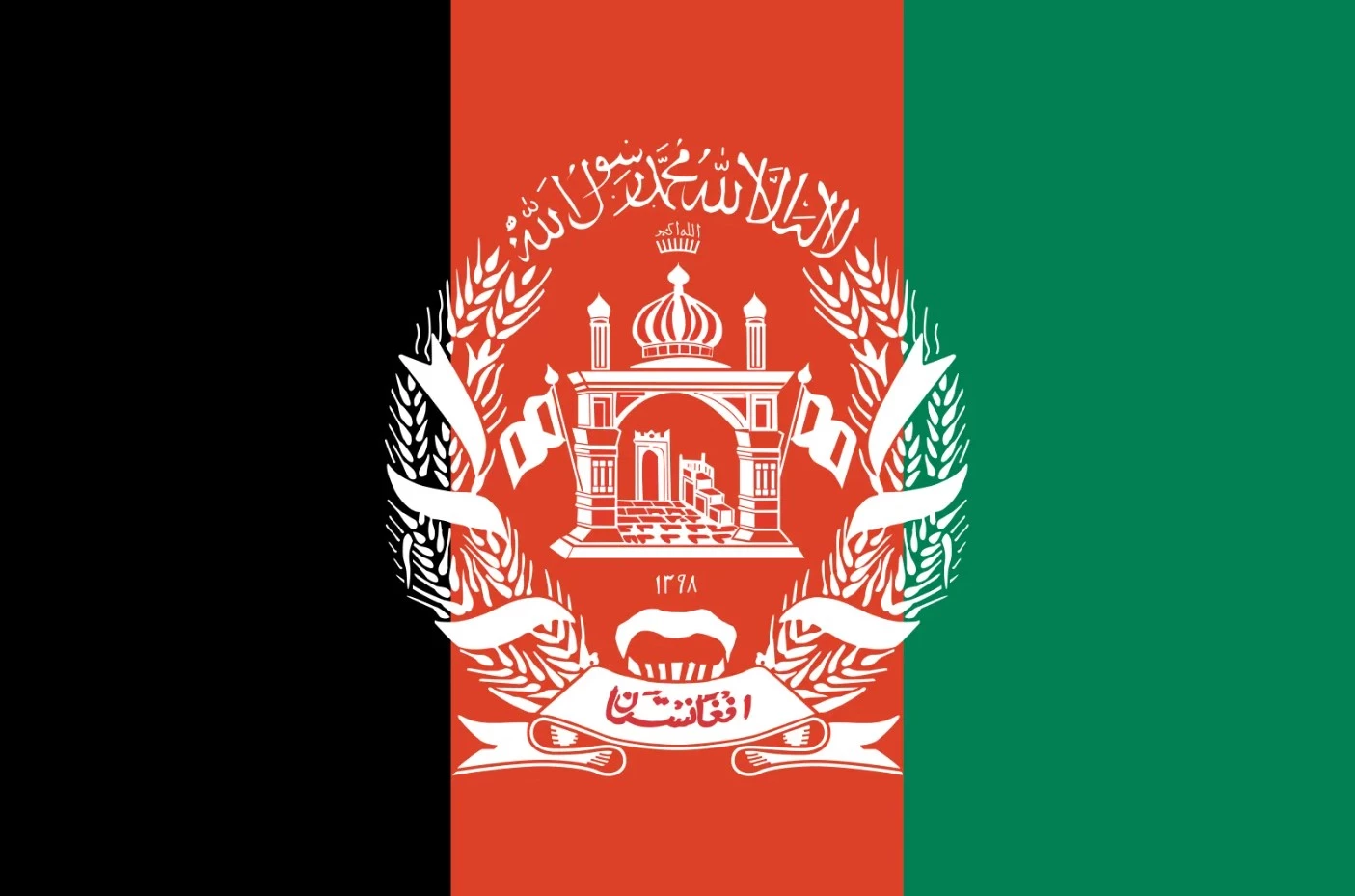Afghanistan warns its nationals to avoid unnecessary travel to Pakistan

Stay tuned with 24 News HD Android App

Afghanistan has warned its nationals residents and travellers to avoid unnecessary travel in Pakistan due to onging protests against inflated electricity bills, reported the 24NewsHD TV channel.
The Ministry of Foreign Affairs of Afghanistan issued a warning saying that the Islamic Emirate of Afghanistan is saddened by the recent events in Pakistan, leading to large-scale protests and even violence in some instances.
Afghanistan considers political stability in Pakistan in the interest of the Muslim people of Pakistan and the broader region and hopes the sides demonstrate restraint and understanding.
It further added that the ministry has given necessary instructions to our offices in Pakistan with regard to the protection of Afghan nationals residing in Pakistan during these developments.
Meanwhile, the United Kingdom on Saturday issued updated travel guidelines for its citizens visiting Pakistan, citing the risk of terrorism as one of the key factors.
The Foreign, Commonwealth, and Development Office (FCDO) directed that terrorists are very likely to try to carry out attacks in Pakistan. There’s a high threat of terrorism, kidnap and sectarian violence throughout the country, including the major cities of Islamabad, Rawalpindi, Lahore and Karachi. Foreigners, in particular Westerners, may be directly targeted.
In late August 2023, there were large demonstrations and protests in Skardu, Gilgit Baltistan. There remains a risk of violent protests and road closures throughout the region.
It added that foreigners, and Westerners in particular, could be direct targets of such attacks, advising British citizens to steer clear of crowds, public events, political gatherings, and religious functions across Pakistan, while ensuring suitable security measures are taken.
According to its latest travel advisory, British citizens have been asked to avoid all travelling to most areas in Khyber Pakhtunkhwa province, including the capital Peshawar and districts Bajaur, Mohmand, Khyber, Orakzai, Kurram, North and South Waziristan, Charsadda, Kohat, Tank, Bannu, Lucky, Dera Ismail Khan, Swat, Buner, and Lower Dir.
The advisory also includes instructions against travel on the N45 road, from the north of the Mardan ring-road to the edge of the district of Chitral; Balochistan province, excluding the southern coast of Balochistan; the section of the N35 (or Karakoram Highway) between the Mansehra ring road and the N15/N35 Chilas interchange; and within 10 miles of the Line of Control.
The FCDO has advised against all but essential travel to "Arandu town and the road between Mirkhani and Arandu in KP; the southern coast of Balochistan, defined as the area south of (and including) the N10 motorway as well as the section of the N25 which runs from N10/N25 intersection to the Balochistan/Sindh border, including the port city of Gwadar; and areas of Sindh Province north of, and including, the city of Nawabshah."
The advisory also mentioned the regular protests against inflation and inflated power bills in Pakistan.
"Avoid demonstrations, large crowds of people and political events.
Areas with high population density and inadequate security, as per the advisory, including markets, shopping malls, hotels, restaurants, hiking trails, airports, infrastructure projects, public transport, schools, and educational institutions, are prone to attacks.
It added that maintaining constant vigilance in these areas and limiting exposure to higher-risk locations is crucial for British citizens.
The FCDO advised that Pakistan's extreme weather conditions and its vulnerability to natural disasters have also been mentioned in the advisory, with Britishers being asked to ensure precaution.
